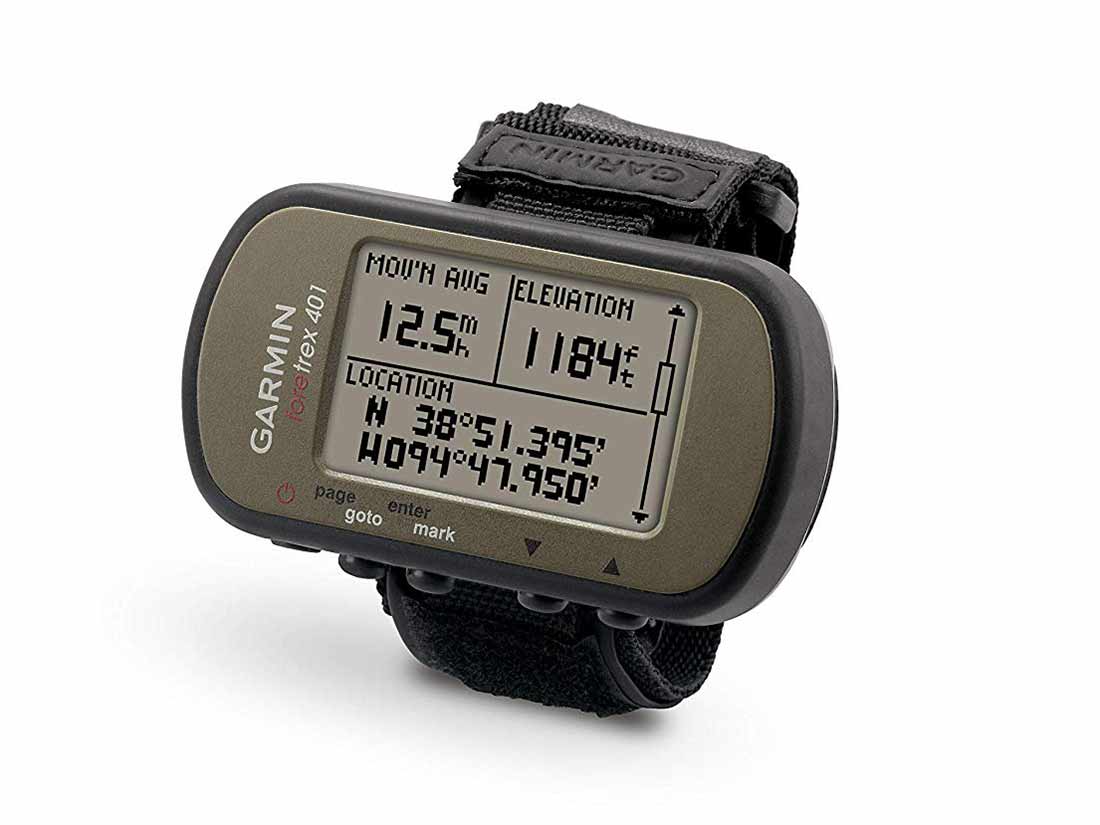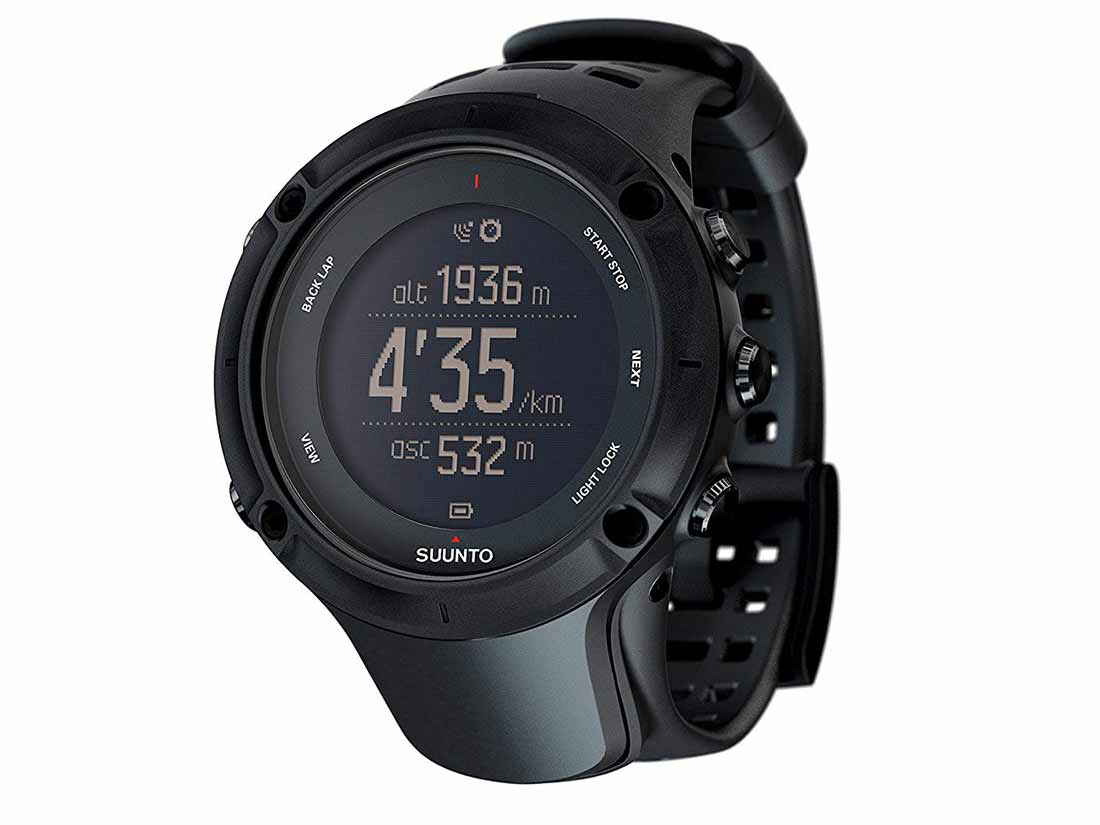Choosing The Right Wrist-Mounted GPS
When outdoors, a handheld GPS can keep you on the trail. Here’s how you can pick the right device for you.
We may receive a commission on purchases made from links.
If you're driving to work or walking to a restaurant near your house, your phone's GPS will work well. But once you go off-road, you don't need your GPS to also show you cat videos; you need something reliable and long-lasting you can strap to your wrist.
What do you need?
Start by considering what your needs are. Do you want GPS to track the route you take for your morning jog? Are you going to use it to help navigate through the woods? Different units can cater to different needs, so look closely at what they're designed for, and whether they need accessories like your phone to enable certain features.
Know what you need it for
Different GPS units have different degrees of power and precision, due to their antenna design. A standard fitness tracker, for example, will be less precise than a dedicated wrist-mounted unit. Precision is also important if you're going to be using your GPS for navigation, or for activities like geocaching or orienteering.
The bells and whistles
Finally, look at the extra features. Even old-school LCD devices include features like fitness trackers, weather data, digital compasses, altimeters, barometers, and other handy bits that will be useful for deciding where to go, or when to find shelter. Don't forget to check for a battery backup, or low-battery mode, especially if you'll be deep in the woods.


